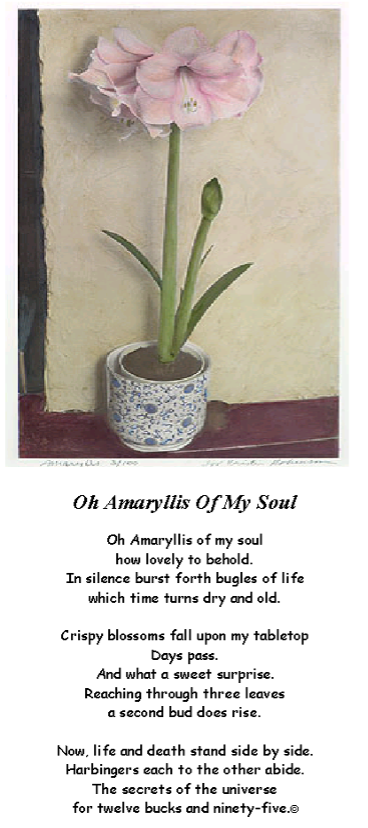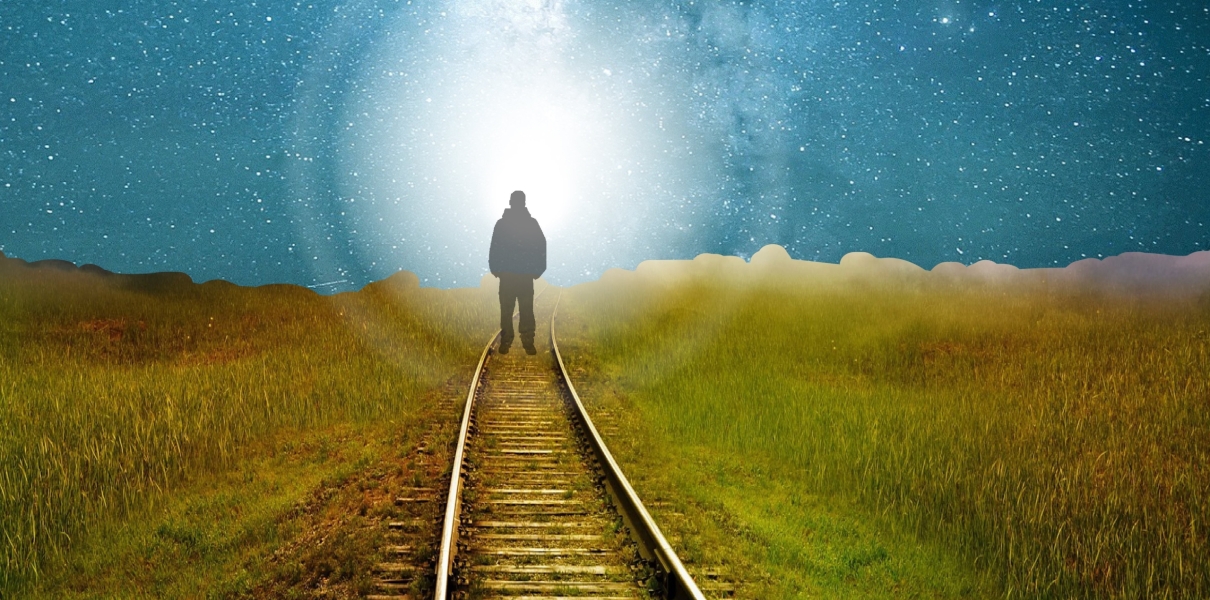When was the last time you thought about your own death? 5 seconds ago? 5 years ago?
What DO you think will happen when you die? How does that inform how you are living your life?
Death is the most fascinating topic that we tend not to think or talk about very much.
In the U.S., we have a culture of silence around dying and death. It’s a great taboo that fills most of us with anxiety about life’s end without any way to reduce that anxiety. We all know we are going to die, yet we don’t talk about it. The entire subject has become a mysterious and ominous kind of black hole in our consciousness, and we learn not to go there.
I think it would be really healthy for us to break through this taboo and normalize our conversation about death. It would free us to examine our beliefs, thoughts and feelings about death, both individually and collectively. Perhaps it would change how we feel about war and violence. By embracing the reality of death, we might be able to perceive a greater value and a deeper meaning of life.
Many people have never challenged what they were taught about death as children. This is not surprising in a society that doesn’t talk about death. Some of us question and affirm what we were first taught while others find it a starting point from which their beliefs evolve. I fall into this latter category.
When I began to explore the reality of death more deeply, I found that I was less afraid of death itself than I was of dying. I was anxious about not knowing when and how I would die. It terrified me when I thought of it. It was as though we all walk around with a huge question mark over our heads, not knowing how much time we have left. Here today, maybe gone tomorrow.
At first, I thought that God had a mean streak or a bad day when inventing death. I thought it was wrong and that we should live forever. But when I thought about that, I wondered what forever would be like — an endless story, a giant run-on sentence with no ending punctuation. Would there be no aging of the body or maturing of our minds in an endless now? Would we be stuck in a perpetual state of changeless being? The more I thought about the mixed blessings of being an infant, a child, a teen, a 20-year-old, a 40-year-old, and now a person in my 70s, the more I valued the exquisite design of this progression of maturation. I wouldn’t want to live endlessly in one frozen form without the punctuation of time passing. The more I thought this way, the more normal and appropriate death seemed.
When I delved further into the question of what happens when we die, I looked first at what I had been taught as a child. Just as many children learn to be good to get great presents from Santa, I was taught to be good in the way I lived my life so that I could earn eternal life with God. I had no idea what that meant other than that I shouldn’t be “bad.” It was a great inducement for conformity to the rules.
As I matured, my ideas about life, death, God and eternity evolved. I found myself to be eclectic in gathering bits and pieces of wisdom from around the world that resonated with a truth that existed inside of me. Where did that truth come from? I do not know. I just know that I have always recognized what is true for me by a process of reflection and inner resonance.
When I think about what happens to us when we die, I realize that I cannot address the matter without simultaneously looking at the purpose and meaning of life. Life and death seem to be woven together in an endless process of one birthing the other. I once wrote the following poem about this:

I believe that we are all souls having human experiences for the purpose of coming to know our divine nature in human form. We are coming into a oneness through and with God. In this context, what we commonly refer to as death is simply the death of this body and personality. It is the dropping of a human form by our real self — the soul. As far as I can tell, we really do see a bright light and loved ones on the other side of this death as we journey forward in our process of awakening. I believe that we do re-embody again and again as we strengthen our awareness of our own divinity. So, while I am saddened by the loss of connection to loved ones that occurs at death, I am comforted by my belief that this is one in a series of lives.
I know that many people do not share my particular beliefs. That is fine with me. Personally, I find it quite fascinating that “the truth” resonates differently in each of us.
Which of the following best describes what you believe happens when we die?
- We simply stop being, going out like a fire.
- Death is when our physical body dies, and that is all we are.
- We are spiritual beings having human experiences. At death our body dies, but our spirit or soul lives on.
- We only live this one life.
- Our souls reincarnate, taking on different physical identities to work off karmic imbalances accrued from previous lives.
- We go to heaven, hell or purgatory.
- It doesn’t matter.
- Other.
Have you explored your truth? What do you think, and how do you feel about the fact that we all die? That you will die? That everyone you know will die? Are you at peace with this reality? If not, what is your experience, and why do you think that is so? If you are at peace, what has enabled you to view death that way? How do your beliefs about death inform how you live your life? I welcome your views and comments.
If you would like to know more about me and my work, please explore my website here.






